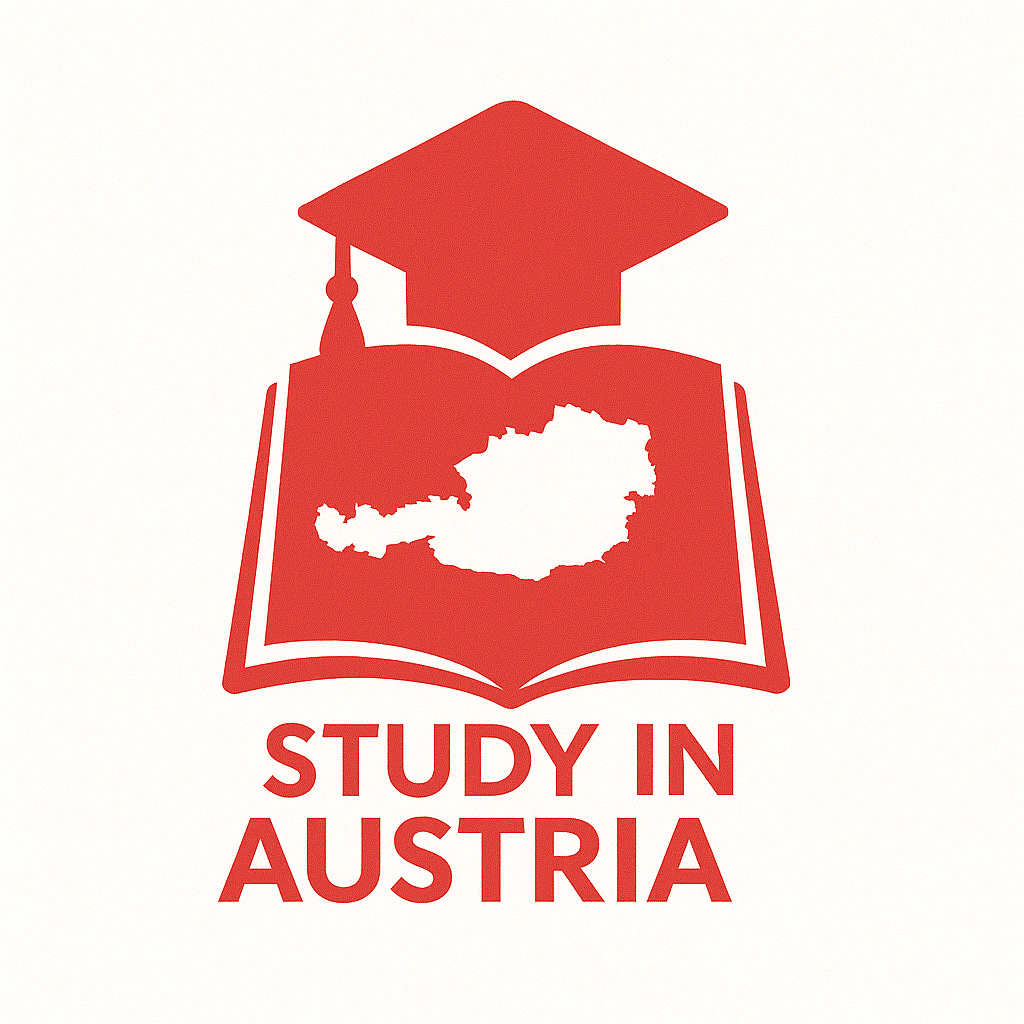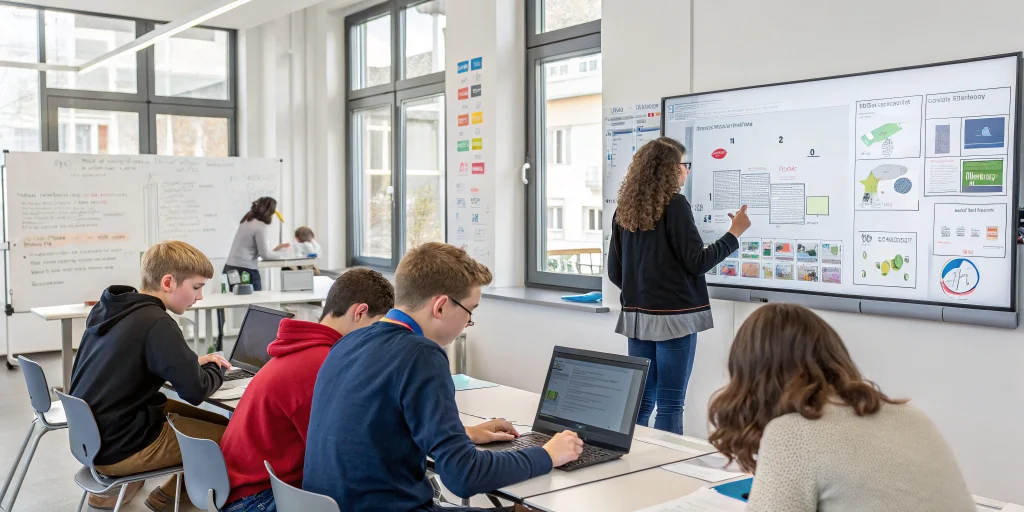The Future of Education in Austria: Trends and Innovations
Strategic Direction: Austrian Higher Education Plan 2030
The Austrian Higher Education Plan 2030 is pivotal in driving the future of education in Austria. It unites all sectors of higher education, including public universities, universities of applied sciences, university colleges for teacher education, and private institutions. As of January 2023, the plan is actively engaged in the development of 76 Austrian higher education institutions, emphasizing both quantitative and qualitative targets.
Key Quantitative Targets
- Improving Teacher-Student Ratios: Enhancing the quality of education through better interaction and support.
- Increasing Degrees Focused on STEM: Addressing the global demand for graduates in science, technology, engineering, and mathematics.
- Enhancing Internationalization: Expanding the outreach and opportunities for graduates in international contexts.
- Establishing Gender Equality: Promoting diversity, especially in higher career levels, to create a balanced educational environment.
Qualitative Development Lines
- Higher Education Landscape and Site Development
- International Contextualization of Austrian Universities
- New Educational Biographies and Permeability
- Participation in Education
- Teaching and Research Addressing Societal Challenges
Internationalization and Global Engagement
Austria positions itself as a leading destination for international students, with approximately 30% of the student body representing diverse backgrounds. This figure is anticipated to grow as Austria enhances its global engagement strategies, making its universities more appealing to international students.
Global Events and Initiatives
The country actively participates in significant international conferences, such as the NAFSA Annual Conference & Expo 2025, scheduled for April 2025. This event underscores Austria’s proactive approach in promoting its educational offerings on a global scale.
Additionally, initiatives like the Austrian Centre at Fudan University emphasize Austria’s dedication to nurturing academic partnerships worldwide, thereby enhancing the visibility and attractiveness of its educational institutions.
Accessibility and Inclusivity
A distinctive characteristic of Austria’s educational framework is its commitment to accessibility. Higher education remains largely accessible across social strata, ensuring that students from diverse backgrounds can pursue their studies in Austria.
Streamlined Processes for International Students
For international students, the process to study in Austria has been notably streamlined, although visa applications must still be completed in person at Austrian consulates or embassies. This commitment to accessibility aligns with the participation emphasis embedded within the Higher Education Plan, facilitating a smoother transition for those wishing to study in Austria.
Digital Transformation and Societal Challenges
Digital transformation is another critical facet influencing the future of education in Austria. Educational institutions are actively embracing digital technologies, shaping new teaching methodologies and research approaches that align with contemporary educational demands.
Focus on Sustainability and Pedagogy
Sustainability is becoming increasingly integral to educational curricula, with Austrian institutions leading initiatives that address both pedagogical effectiveness and environmental considerations. The Higher Education Plan explicitly mentions the importance of integrating societal challenges into teaching and research, underscoring a holistic approach to education.
New Educational Pathways
Recognizing the non-linear paths many students take, the Austrian education system is evolving to accommodate diverse educational biographies. Institutions are now more adaptable, offering flexible courses catering to different study behaviors and learning styles.
Implications for International Recruitment
These adaptations present significant opportunities for international student recruiters. As institutions embrace diverse educational pathways, they can better cater to various student needs, making Austria an increasingly attractive destination for prospective students looking for tailored educational experiences.
Conclusion
The evolution of education in Austria is characterized by its commitment to strategic development, internationalization, accessibility, digital transformation, and inclusivity. These trends not only enhance the educational landscape but also position Austria as a leading hub for international students seeking high-quality academic experiences.
As Austria continues to innovate and adapt to the changing demands of education, Study in Austria is at the forefront, guiding international students through their educational journey in this remarkable country. Our platform is dedicated to supporting institutions and student recruiters, ensuring that they are well-equipped to navigate this dynamic landscape.
Take the Next Step with Study in Austria
We invite you to explore further and discover opportunities in Austria’s rich educational landscape.

